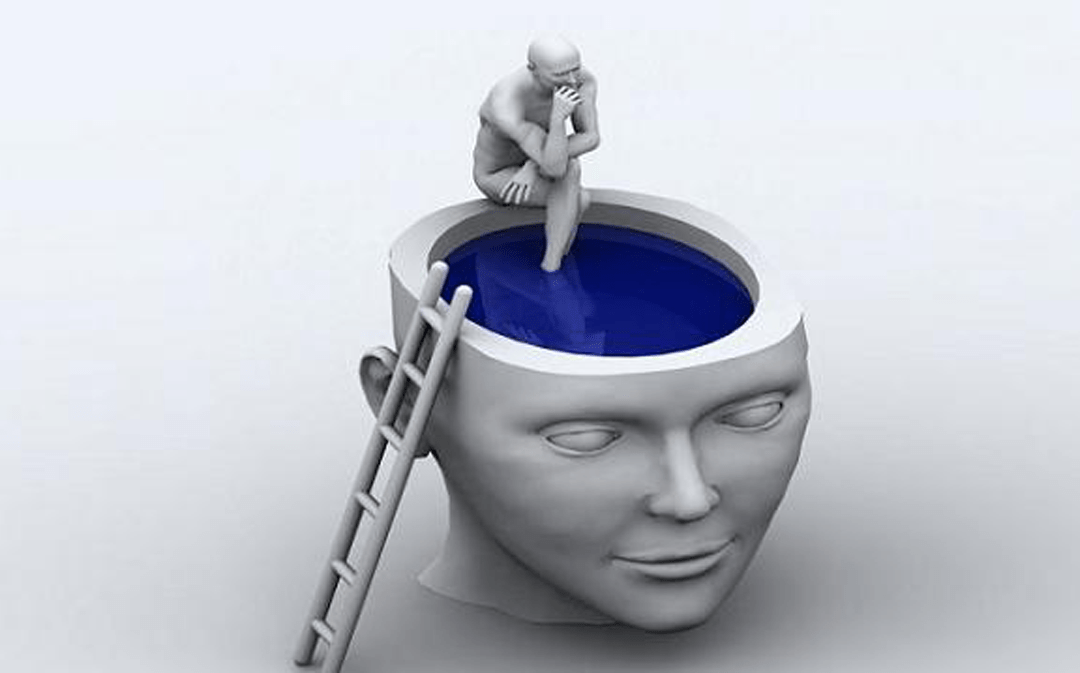The first traces of psychology are based on the writings of ancient Greek philosophers, especially Aristotle, on the nature of life.
After Aristotle referred to the essence of life with the concept of psyche, the term was brought to Greek to mean mind. Psychology is formed by the combination of the words psyche (Breath, soul, mind) and logos (regular word, knowledge). Its literal meaning is knowledge of the soul, but it truly refers to a positive branch of science that examines the behavior of the organism.
Components of Psychology
Organism: Broadly speaking, any living thing. What psychology refers to as the term organism are animals and humans. The main purpose of psychology is to study humans. For some reasons (as experimental tools, to compare with human behavior), animals have also become the subject of psychology.
Behavior: All activities of the organism that can be observed directly or indirectly. Actions such as crying, laughing, eating, drinking and talking are behaviors. These behaviors can be observed directly. Some behaviors such as dreaming, learning, daydreaming, thinking, feeling emotional can also be observed indirectly: narrating the dream, explaining the thought through speech.
What we call ‘this is behavior’: what people do, is the observable aspect of behavior. In order for behavior to occur, something must pass through a person’s mind (thinking, problem solving, emotion, understanding, perception, etc.). These processes are called mental formations.
Mental Functions-Psychological Events
Mental processes are personal thoughts, feelings, ambitions and motivations that cannot be directly observed by others.
Every person feels that he or she experiences similar events such as sadness, joy, and dreaming, and can only understand whether these events occur in others from the symptoms these people express. These are called psychological events. Psychology is examined by analyzing external reactions and behaviors.
In addition to psychology, humans have also been the subject of various fields such as philosophy, religions, anthropology, ethnology, biology and sociology.
The Emergence of Psychology
Psychology has a short history compared to other sciences, and was initially a sub-branch of philosophy. In this short period of time, psychology has been defined in different ways. The first definition was the study of the structure of the human mind. Faced with the impossibility of observing the human mind, psychologists have defined psychology as “the scientific study of observable behavior”. This approach, which does not accept the effect of the human mind on behavior, began to react within psychology, and cognitive psychology, which examines mental functions such as memory processes and thinking, emerged.
These developments have influenced the definition of today’s psychology. Modern psychology is now defined as the field of study that scientifically studies behavior and the processes underlying behavior. It is not possible to observe cognitive processes directly: their existence is detected by observing the behavior of the organism or by using neurological findings.
With the establishment of the first laboratory, psychology became a science.
The first Psychology Laboratory was established in Germany by Wilhelm Wundt in 1879.
Fields of Study of Psychology
Biological Psychology: Biopsychologists, who focus on sleep and dreams, depression and schizophrenia, hunger and sexuality, stress and diseases, examine the relationships between biological processes and psychological events.
Industrial & Organizational Psychology: Industrial and organizational psychology, a growing field, aims to match people with a suitable job, increase the level of satisfaction and production in the workplace, and create effective workplace conditions.
Clinical Psychology: Clinical psychology works on the diagnosis of pathological diseases, possible causes of the disease and effective treatment methods.
Counseling Psychology: Counseling psychology helps individuals cope with all their other problems that do not involve a psychological pathology.
Experimental Psychology: All basic level psychological functioning, including perception, learning and motivation, constitute the working areas of experimental psychologists.
Developmental Psychology: Developmental psychologists study how people change and develop physically, mentally, and socially throughout life.

